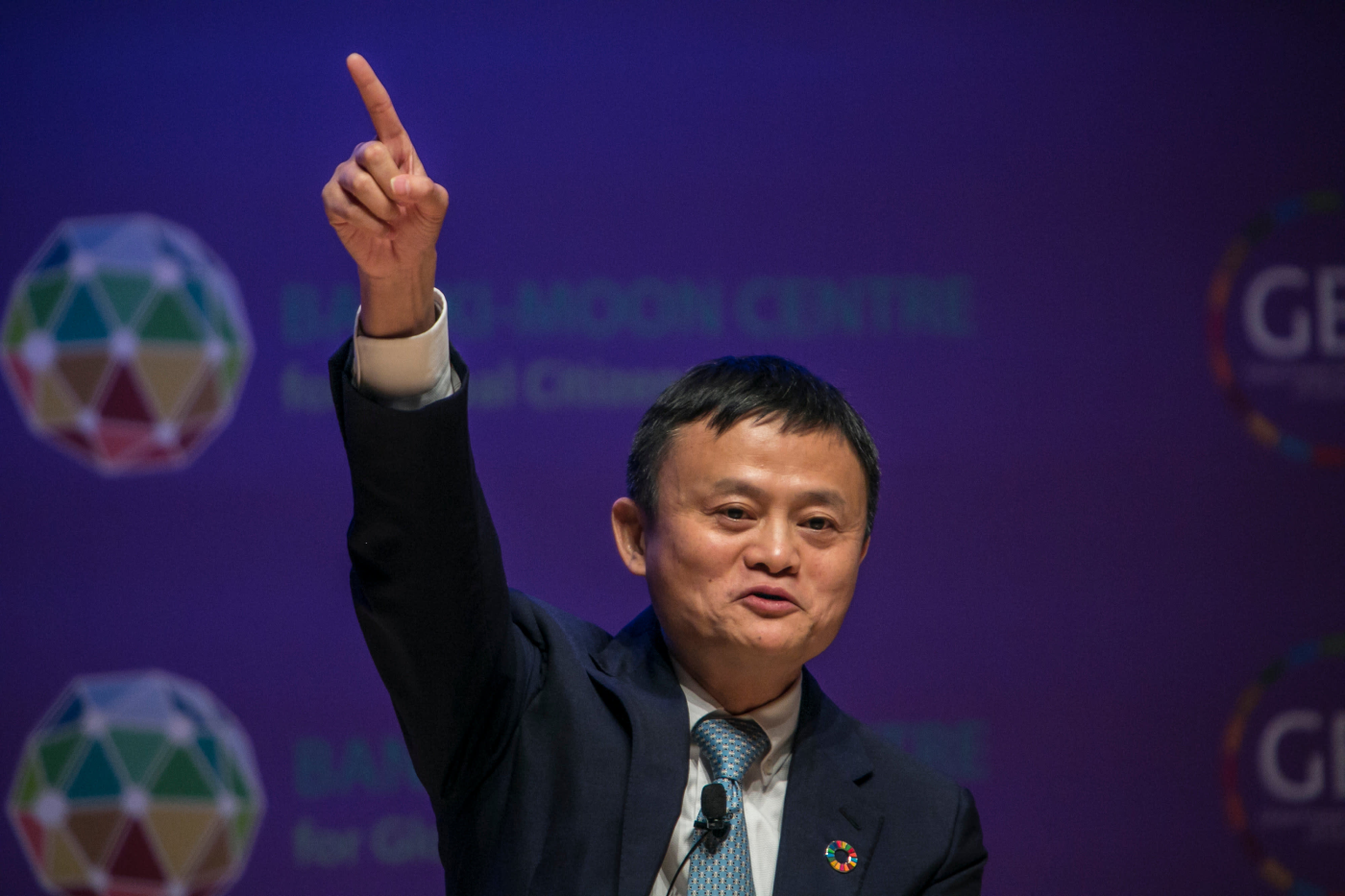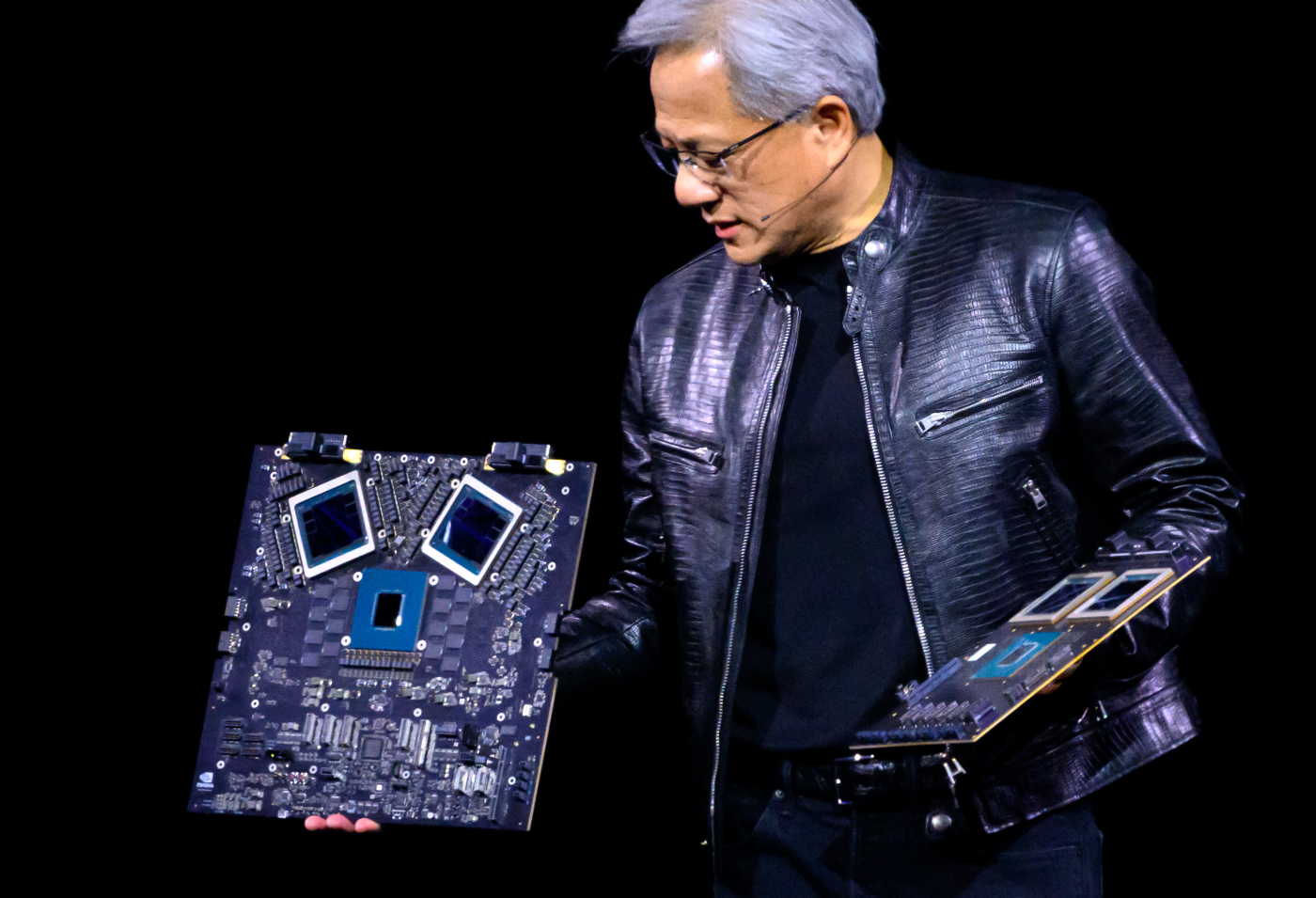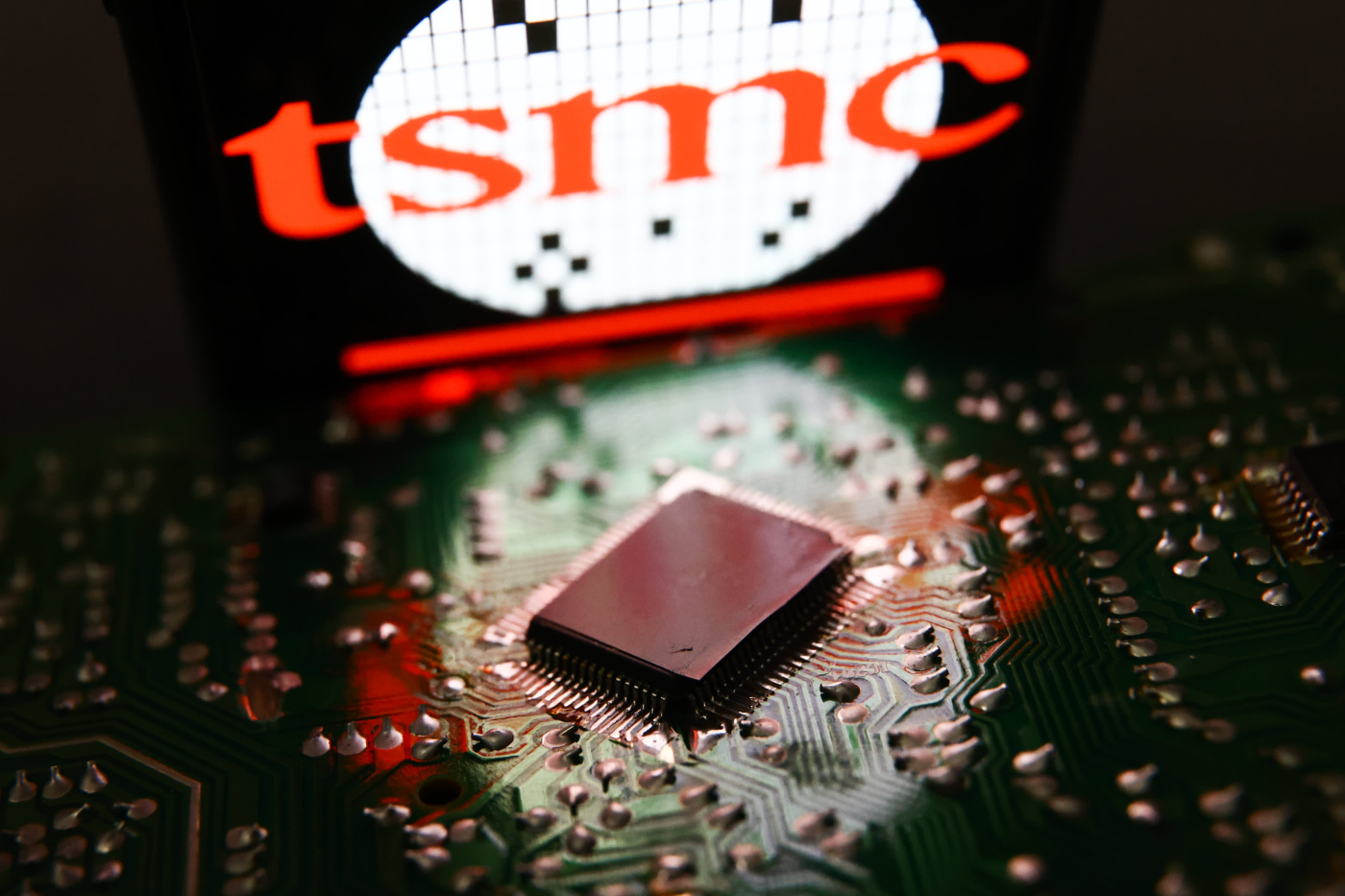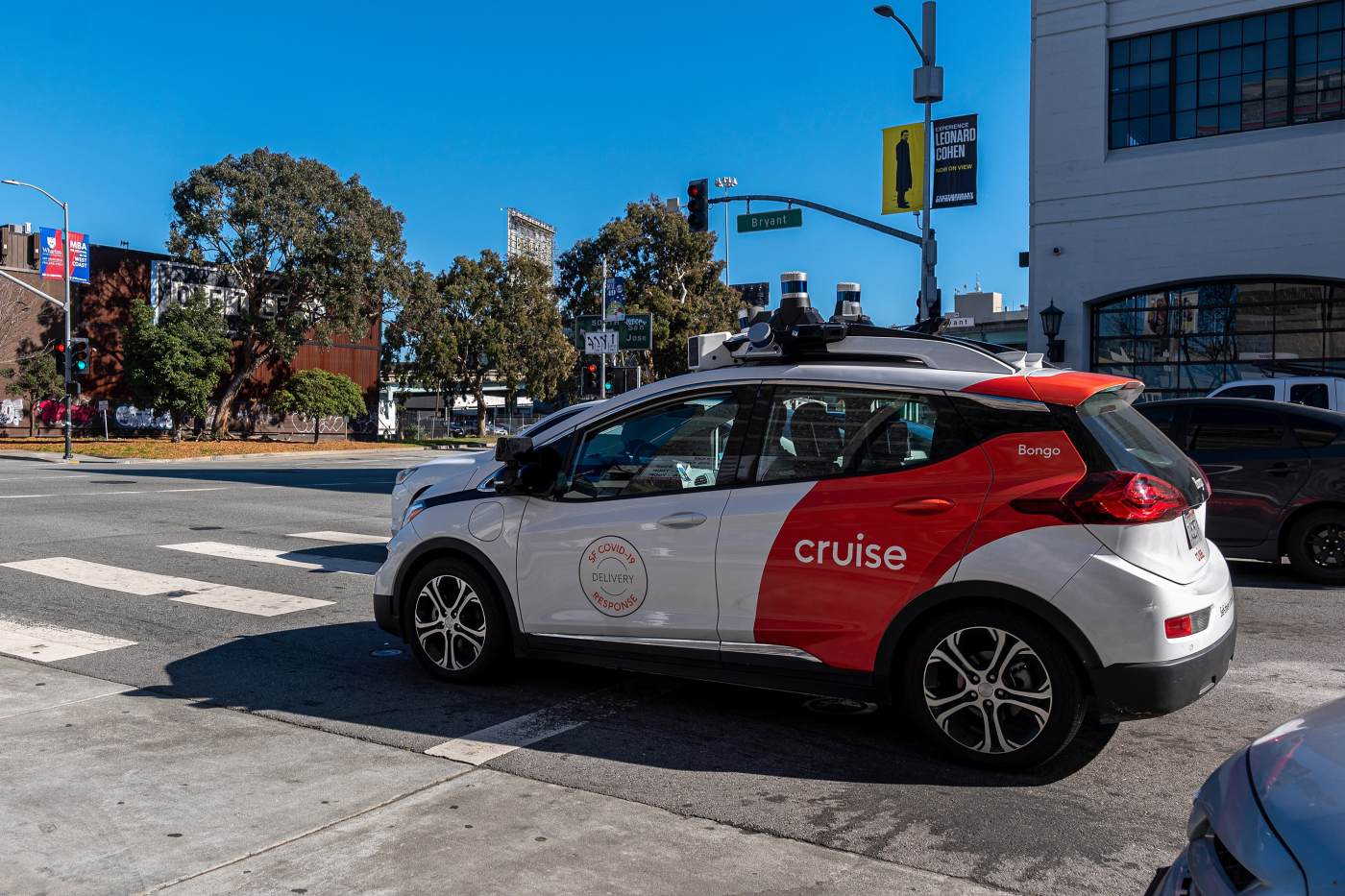Nvidia and Georgia Tech announce first AI supercomputer for students
In this article
- AMZN
- META
- GOOGL
- NVDA
Nvidia and the Georgia Institute of Technology announced Wednesday the first artificial intelligence supercomputer designed for student use.
The chipmaker's graphics processing units are at the heart of the large language models created by OpenAI, Alphabet, Meta and a growing crop of heavily-funded startups all battling for a slice of the generative AI pie. Nvidia has seen its revenue soar over the past year, and its market cap has surpassed those of Alphabet and Amazon.
The move, a way to democratize access to supercomputing resources generally earmarked for tech giants and connected startups, underscores the importance of training the next-generation workforce on AI.
At first, only Georgia Tech's undergraduate students will be able to use the computing cluster, which is fueled by Nvidia's enterprise AI software and a "virtual gateway" developed by Penguin Solutions.
So far, students have used the supercomputer in just one class — foundations of machine learning — since the beginning of the semester, but Georgia Tech plans to continue scaling usage. By spring 2025, all of its undergraduate and graduate students will have access, Arijit Raychowdhury, chair of Georgia Tech's School of Electrical and Computer Engineering, told Our in an interview.
The news follows OpenAI's decision in January to enter into its first partnership with a higher education institution. Arizona State University received full access to ChatGPT Enterprise in February, with plans to use it for coursework, tutoring, research and more.
Georgia Tech's supercomputer runs on 20 Nvidia HGX H100 systems, which house 160 of Nvidia's H100 GPUs, which are high in demand across the tech industry. For reference, it would take one of these 160 GPUs a single second to come up with a multiplication function that would take 50,000 students 22 years, according to a Georgia Tech release.
Students will use the supercomputer for course projects related to computer vision, large language models, robotics, supply chain management, chemical or biomedical engineering, creativity and design pursuits related to generative AI, and also separate entrepreneurial ventures of their choice, Raychowdhury said.
"The idea here is for us to be able to set up these computational resources ... working closely with Nvidia and Penguin Solutions, and essentially making this a sandbox where students will be able to do their own work," Raychowdhury told Our in an interview.
Don’t miss these stories from Our PRO:
- Five stocks to buy and hold for the long term, according to the pros
- These are Piper Sandler's favorite stocks for the second quarter
- Energy might be the 'story of the summer,' one chief investment officer says. Here's how to play it
- Alphabet quietly hits new record in down market, forming bullish 'cup-and-handle' chart pattern
- S&P 500 chart analysis shows pullback is likely and investors should hedge
- Cathie Wood buys more Tesla, says now 'is not the time to run for the hills'
Disclaimer: The copyright of this article belongs to the original author. Reposting this article is solely for the purpose of information dissemination and does not constitute any investment advice. If there is any infringement, please contact us immediately. We will make corrections or deletions as necessary. Thank you.





